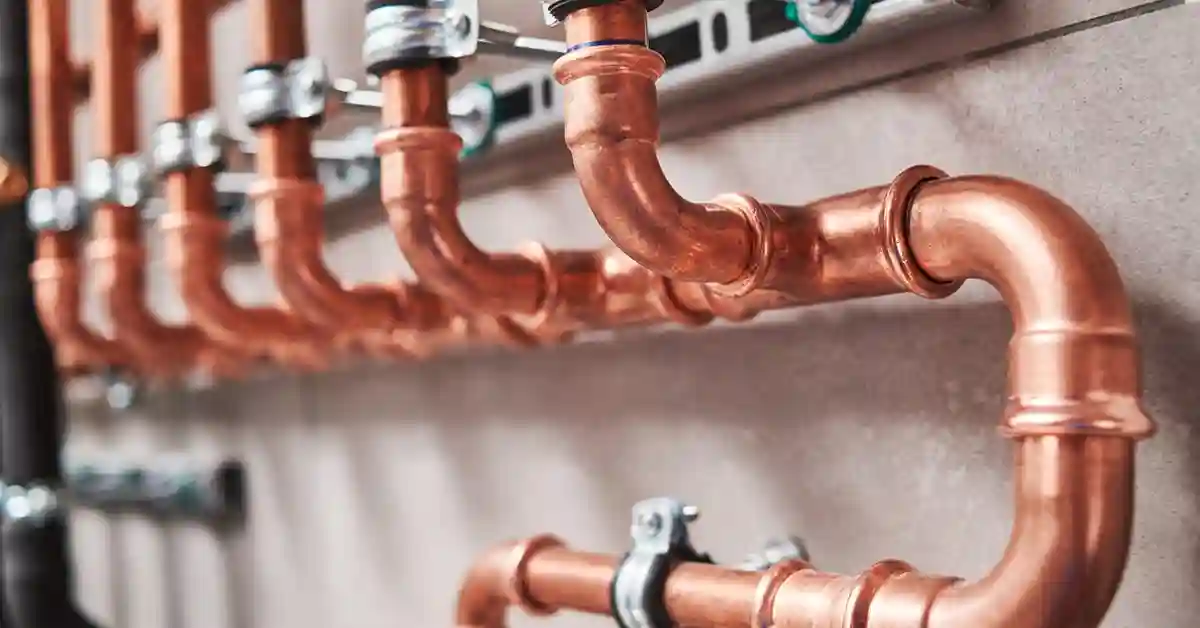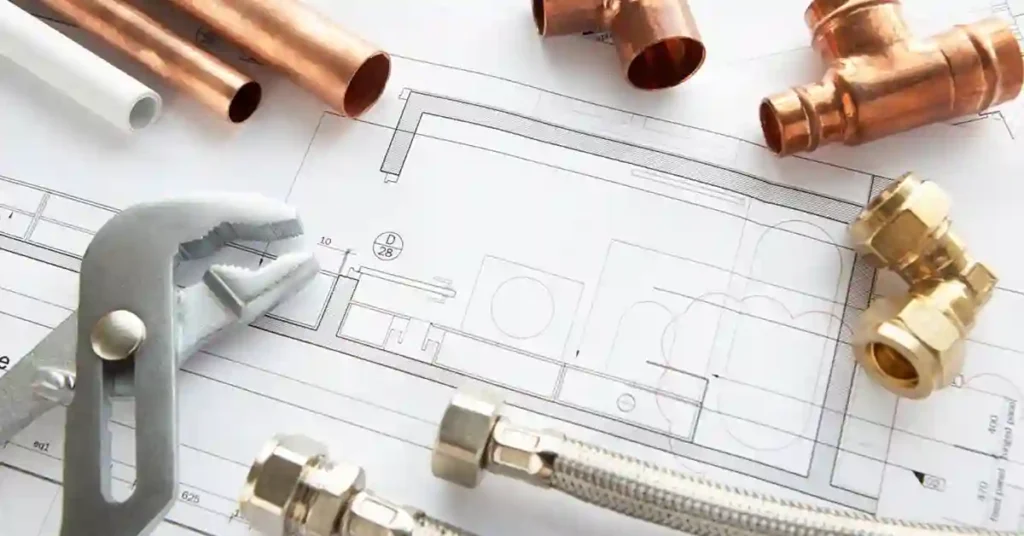
When it comes to essential services, plumbing is right up there. After all, who hasn't had a leaking tap, a blocked drain, or a defunct water heater? But, amidst calls to professionals, have you ever wondered, "how much do plumbers make?" In this detailed guide, we'll not only answer that question, but also explore how their earning differs based on various factors.
Plumbers are skilled tradespeople who are responsible for installing, repairing, and maintaining the plumbing systems in residential, commercial, and industrial buildings. The salary of a plumber can vary greatly depending on a number of factors, including their level of experience, the region in which they work, and the demand for their services.
For example, plumbers who are just starting out in their careers may earn less than the median wage, while those with more experience and specialized skills may earn significantly more. In addition, plumbers who work in urban areas or regions with a high cost of living may earn higher salaries than those working in rural or lower cost areas.

Plumber Salary: A Comprehensive Look
1. The Basic Plumber Salary Structure
Plumbers aren't just experts at fixing your annoying dripping faucet, they are skilled tradesmen whose expertise comes at a price. As per the Bureau of Labor Statistics (BLS), the median pay for plumbers in the United States was approximately $64,000 per year in 2023. This translates into around $30.77 per hour. But this is just the tip of the iceberg. There are other aspects that come into play when determining a plumber salary.
2. Factors Influencing a Plumber's Earnings
a. Experience Counts
Like many professions, experience goes a long way for the question of how much do plumbers earn. A novice plumber starts out as an apprentice, usually earning about half the wage of a journeyman plumber. As they hone their skills and gain experience, their earnings gradually increase.
b. Location, Location, Location
The region in which a plumber operates significantly impacts their earnings. For instance, plumbers in metropolitan cities where the cost of living is high often earn more than those in rural areas.
c. Specialization Can Make a Difference
If a plumber specializes in a particular field, such as pipe laying or steam fitting, they might command a higher wage. This is because specialized skills are often in higher demand and require more training.
3. Overtime and Emergency Calls
Plumbers are often required to work overtime or during odd hours, especially for emergency services. These off-hours and overtime services can lead to a substantial increase in their earnings.
4. Self-Employed Plumber Salary: A Different Ballgame
An experienced plumber might decide to set up their own business. These self-employed plumbers have the potential to earn much more than their employed counterparts, given they manage their business well.
Understanding the Plumbing Industry
1. What Qualifications Are Needed To Be A Plumber?
To become a plumber, one typically requires a high school diploma or equivalent. Following this, they would need to complete an apprenticeship of 4-5 years under a licensed plumber. Some plumbers may choose to further their skills with specialized training courses.
2. Job Outlook for Plumbers
The job outlook for plumbers is quite promising. The BLS anticipates a 4% growth in plumbing jobs from 2019 to 2029, which is about as fast as the average for all occupations.
3. Union vs Non-Union Plumbers
There's a significant difference between union and non-union plumbers in terms of pay scale and benefits. Union plumbers usually have higher wages and more substantial benefits compared to their non-union counterparts.
FAQs About Plumber's Earnings
- Do plumbers make more than electricians? It varies by location and specialization. However, according to the BLS, the median wage for electricians was slightly higher than that for plumbers in 2022.
- What is the starting salary for a plumber? The starting salary for a plumber apprentice is usually around half of a journeyman plumber salary, which can range from $25 to $30 per hour.
- Do plumbers earn more if they own their business? Yes, self-employed plumbers can earn more than their employed counterparts if they manage their business efficiently.
- Do plumbers get paid overtime? Yes, many plumbers get paid overtime for working beyond their standard hours, which contributes to their total earnings.
- What is the highest-paying state for plumbers? As of 2022, Illinois was reported as the highest paying state for plumbers by the BLS.
- Is plumbing a profitable career? Yes, plumbing can be a profitable career given the consistent demand for plumbing services.
Conclusion
So, how much do plumbers make? As we've seen, it's a layered question with varied answers. Factors like experience, location, specialization, and whether they're self-employed all play a part. With steady demand and a promising job outlook, plumbing remains a rewarding and profitable career choice.
The BLS also reports that the top 10% of plumbers earned more than $87,190 per year in 2020, while the bottom 10% earned less than $32,850. These figures show that there is a wide range of potential earnings for plumbers, with those who are more experienced and successful in the field tending to earn more.
Plumbers also have the potential to earn additional income through overtime pay, on-call work, and bonuses. Some plumbers may also choose to start their own businesses, which can allow them to set their own rates and potentially earn higher incomes. Businesses using tools such as Plumbing Software will often be more competitive and be able to offer a higher salary.
Plumber Salary Can be Impressive
It is important to note that the income of plumbers can fluctuate from year to year due to changes in the demand for their services and the overall health of the economy. However, the Bureau of Labor Statistics projects that employment of plumbers, pipefitters, and steamfitters will grow by 7% from 2020 to 2029, which is faster than the average for all occupations. This growth is expected to lead to good job prospects for qualified candidates.
Overall, plumbers can expect to earn a competitive wage, with the potential for significant earning potential as they gain experience and build their skills. There is also tremendous opportunity when launching a plumbing business
